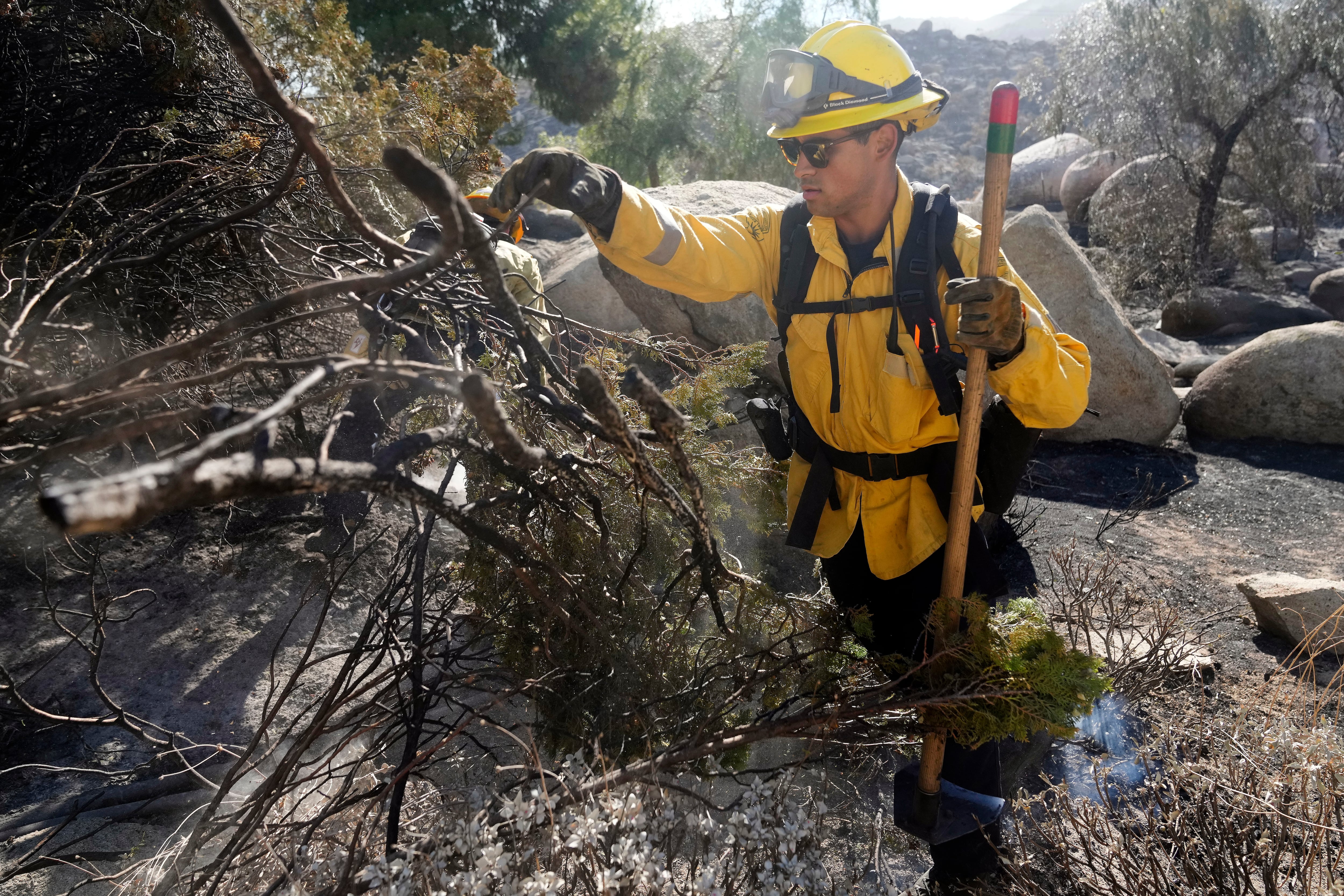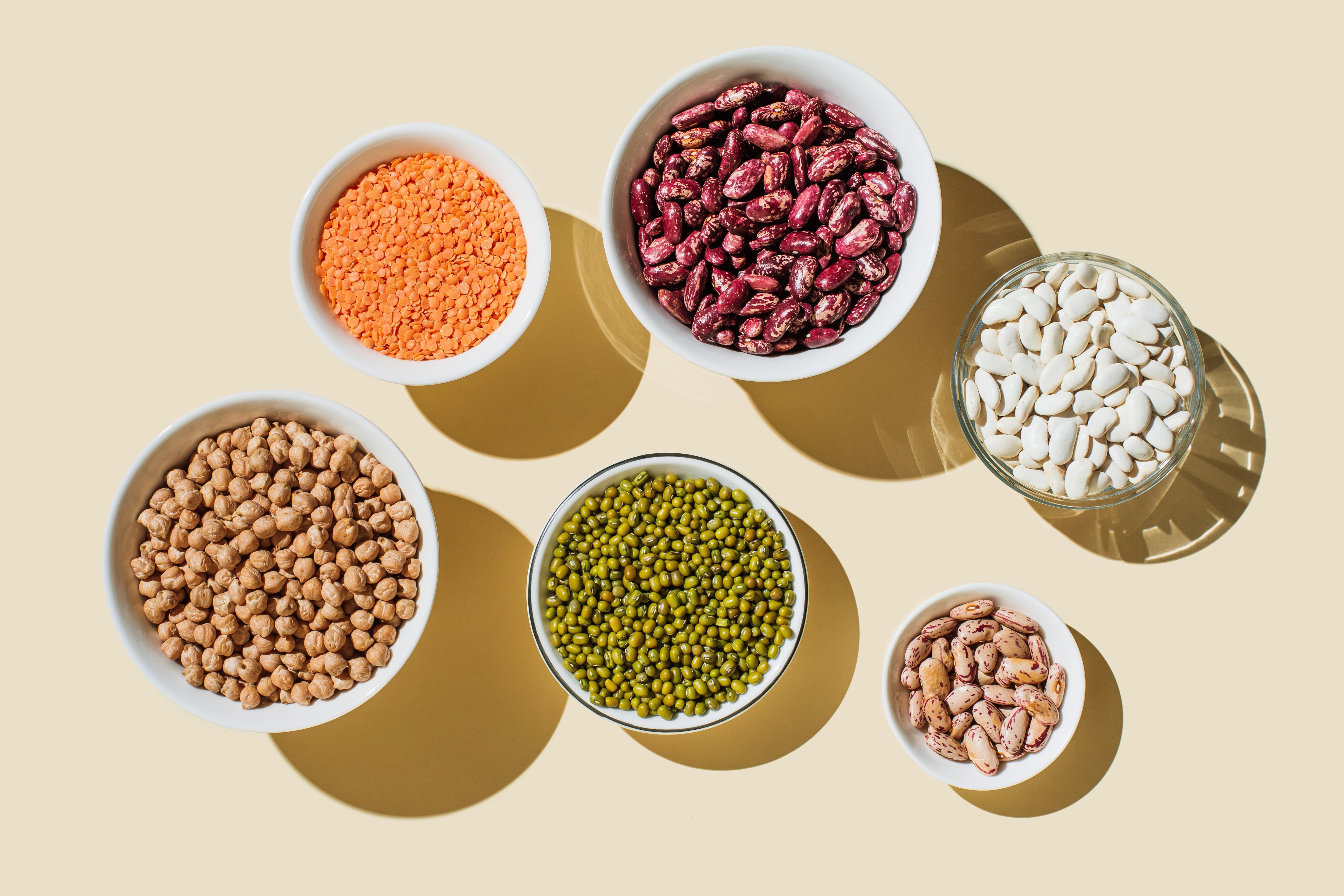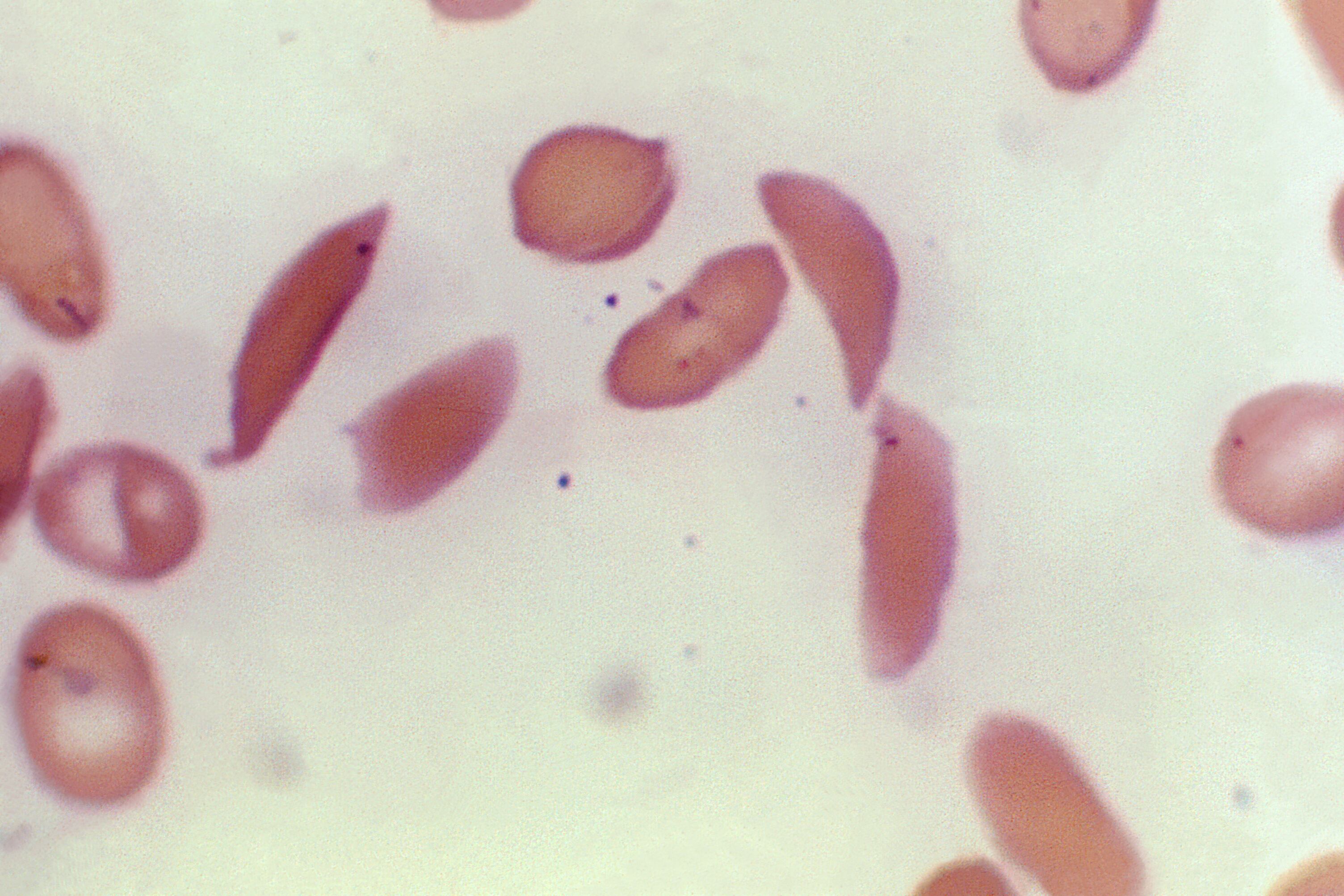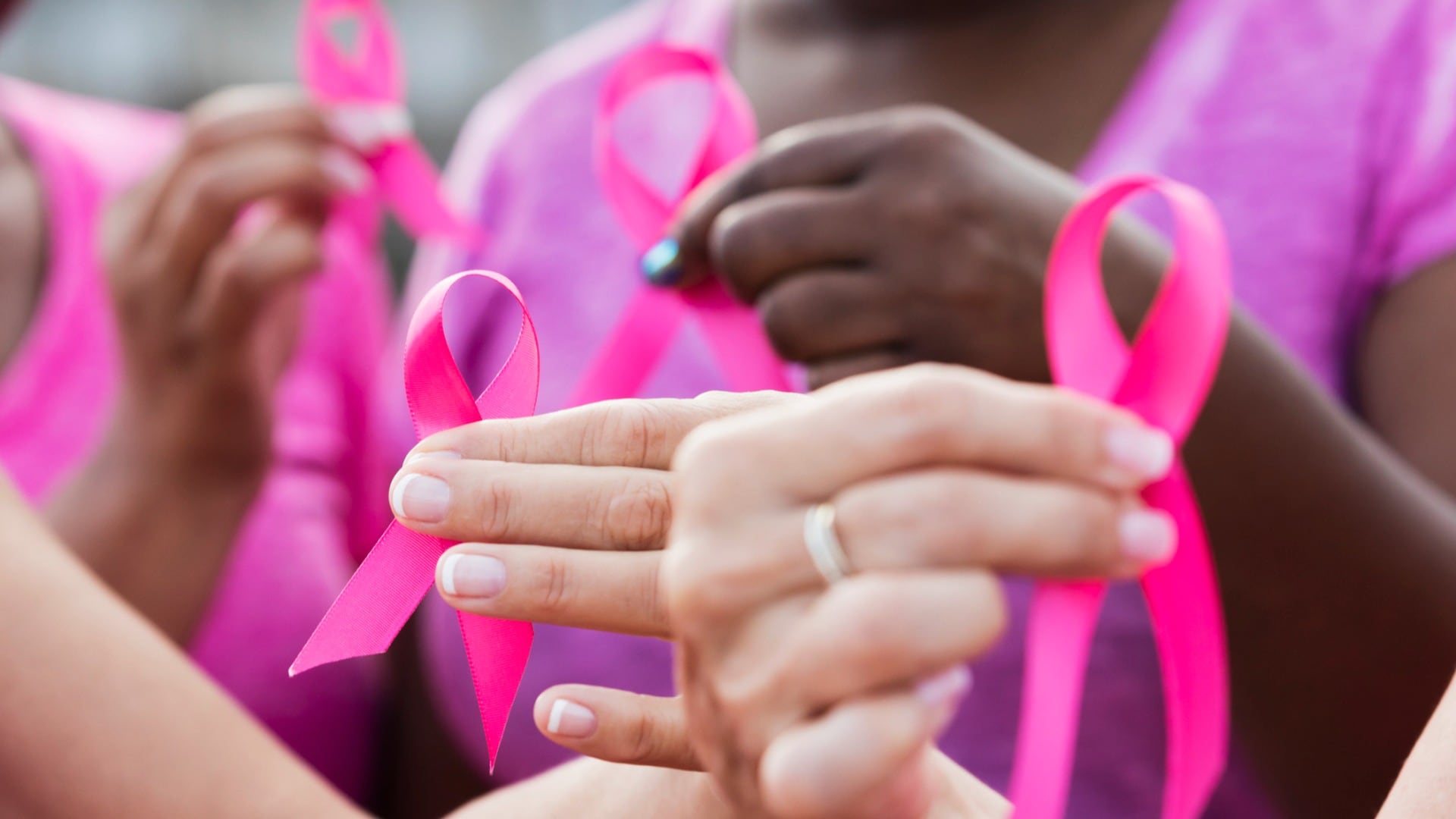As cannabis legalization spreads nationwide, more and more kids are eating edibles — in some cases with disastrous consequences.
In 2017, there were 207 cases of cannabis edibles ingestion by kids under 6 years old, reported to the National Poison Data System. By 2021, that number had surged 1,375 percent to 3,054 cases in, according to a study published in the journal Pediatrics.
“When it’s in a candy form or cookies, people don’t think of it in the same way as household chemicals or other things a child could get into,” Dr. Marit Tweet, a toxicologist with the Southern Illinois School of Medicine, told the Associated Press. “But people should really be thinking of it as a medication.”
Of the more than 7,000 exposures reported in that five-year span, researchers traced the outcomes of about 70 percent of cases. Clinical side effects include central nervous system depression, which occurred in about 70 percent of cases; tachycardia, or a heart rate above 100 beats per minute, which occurred in more than 11 percent of cases; and vomiting in about 9.5 percent of cases. There were 90 cases in which patients experienced severe nervous system depression or coma. About 23 percent of all reported cases resulted in a hospital admission, but no deaths were reported.
At the start of 2017, eight U.S. states and Washington, DC, had legalized adult-use cannabis. By the close of 2021, about 18 states and DC have permitted adult-use cannabis, according to MJBizDaily. Concerns about edibles and kids have prompted U.S. states and countries like Canada to enact strict regulations governing the packaging, potency, and shapes of edibles.












